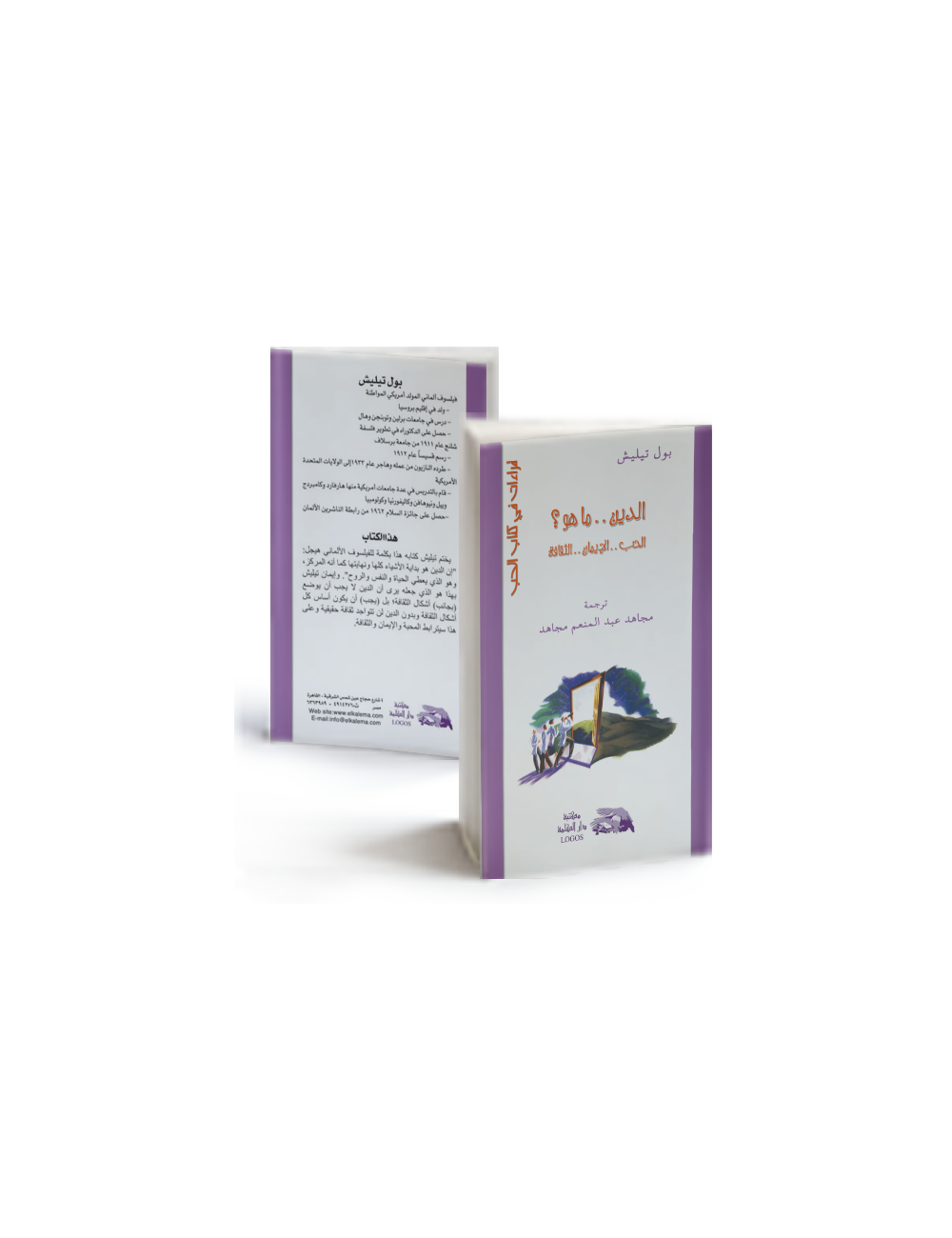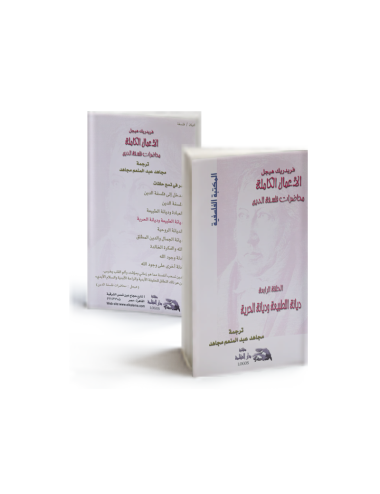WHAT IS RELIGION ? by Paul Tillich, Translated by Mejahed Abdelmeaim mejahed, combines three works originally written in German, one of which was published in 1925. The two works in the final third of the book were presented to meetings of Kant-Gesellschaft in 1919 and 1922, and may now be found mainly in Gesammelte Werke volumes I and IX. In the introduction by James Luther Adams, he reminds us of `the turbulent years in Germany which followed World War I, a period in which cynicism, despair, radical reconception, revolutionary impulse and heady utopianism vied with each other in appeal for public favor.' (p. 10). Tillich's essay, `The Conquest of the Concept of Religion in the Philosophy of Religion' (pp. 122-154) is printed second, but it is called `a necessary prologue to his PHILOSOPHY OF RELIGION' (p. 12) in the Introduction. I tried reading this book in the reverse order because the final selection, `On the Idea of a Theology of Culture' (pp. 155-181) contains an early expression of a topic which I previously associated with Paul Tillich, and it offered the most comparisons with the ideas of Nietzsche, who is listed in the index for pages 52, 123, 158, 171, 172, 173. Real praise for Nietzsche might be associated with Tillich in his comparison:
`Thus Nietzsche, since he acted in the name of the God who spoke through him, had a right to fight against God; Strauss, on the other hand, had no such right, for it was the human, the all too human, that spoke through him." (p. 123).
`The Philosophy of Religion' first appeared in a HANDBOOK OF PHILOSOPHY that was a massive work on academic disciplines. Tillich was struck by the opposing points of view which make definitions in this area the first problem to be dealt with.
`It denies the philosophical conviction of truth as much as it denies the unconditionality of revelation to allow either of them to be forced into one sphere alongside others. Every attempt of this kind must miscarry.' (p. 29).
As an early attempt to allow himself to define his own philosophy, this essay includes the idea of the Unconditional, (p. 35), an essence of religion, (p. 38), a psychological circle comparing one's own experience with what others experience fails when `the psychological method has given up the supernatural presupposition of the miraculous character of one's own experience, and therefore can freely acknowledge the other religions.' (p. 39). Religion's habit `depends on the opposition of true and false religion,' (p. 40), and a science of this habit fails when `It would have to repudiate the concept of religion as an attempt to place the true and the false on the same level. It would not be at liberty to make the claim to be philosophy of religion, and would have to remain theology, a normative theory of religion.' (p. 40).
Near the end of this book, Nietzsche's philosophy is compared with `Jesus' fight against the Pharisees and Luther's fight against Rome,' (p. 171). Rage is associated with the `wish to consume thyself in thine own flame.' (p. 171). Tillich hopes for `a theonomous overcoming of the autonomous ethical forms without a relapse into the heteronomy of a specifically religious community of love.' (p. 172). Just a page later, `Nor does it help matters if we adorn this autonomous state with all the functions of culture and turn it into God on earth, as does Hegel;' (p. 173). The five parts of the final essay are:
1. Theology and Religious Philosophy
2. Culture and Religion
3. Theology of Culture
4. Cultural-Theological Analyses
5. Theology of Culture and the Theology of the Church



























Product Comments